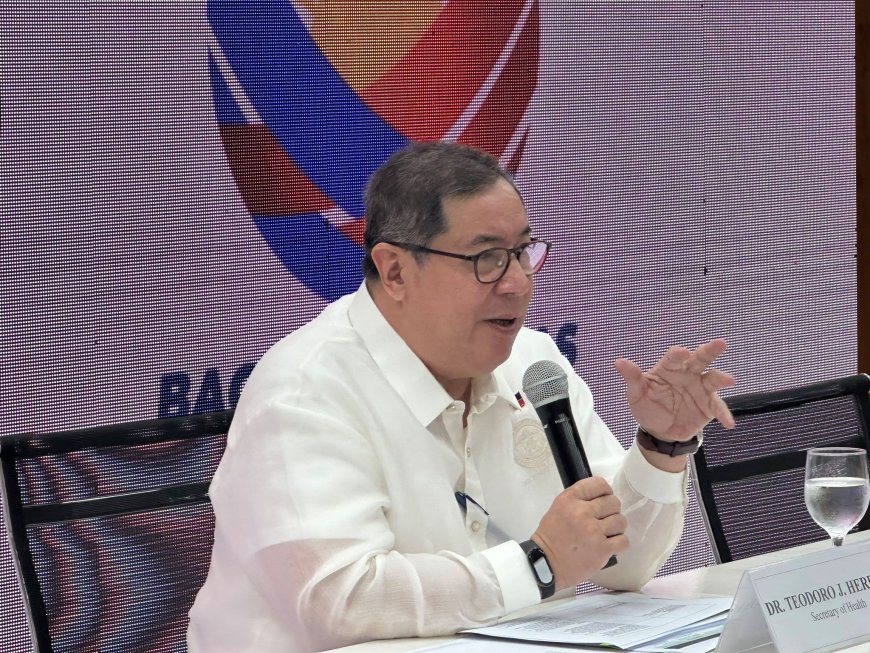Philippines Considers Qdenga Vaccine Amid Dengvaxia Lessons
Health Secretary Herbosa discusses evaluating the Qdenga vaccine to prevent dengue in children. The government reviews Takeda Pharmaceuticals' application for approval. Lessons from Dengvaxia emphasize the importance of knowing the recipient's serologic status. The World Health Organization recommends Qdenga for children aged 6 to 16 in high-transmission areas.

Department of Health Secretary Teodoro Herbosa stated that the government is considering the introduction of the Qdenga vaccine in the Philippines to combat dengue in children.
The Food and Drug Administration has been assessing Japan-based Takeda Pharmaceuticals' application for a certificate of product registration (CPR) for Qdenga since 2023.
Herbosa emphasized the importance of not using Qdenga for mass immunization but rather administering it in clinics after conducting serologic tests to determine the individual's antibody levels, learning from the Dengvaxia experience.
In 2023, Herbosa confirmed no plans to reintroduce Dengvaxia due to past controversies and safety concerns.
Research Institute for Tropical Medicine—Research and Innovative Office head Dr. Charissa Borja-Tabora highlighted the World Health Organization's recommendation of Qdenga for children aged 6 to 16 in high dengue transmission areas.
The WHO advises a two-dose schedule with a minimum three-month interval between doses and discourages reducing this interval.
Ongoing research aims to develop more effective dengue treatments, including new vaccines and antibody therapies for passive immunization.
Vaccines offer direct protection against dengue infection, reducing hospitalization risks and limiting virus spread in communities when a significant portion is immunized, Borja-Tabora explained.
As of May 31, the Philippines reported 119,000 dengue cases, a 59% increase from January to May 2024, with 470 dengue-related deaths in the same period.
According to the source: GMA Network.
What's Your Reaction?
 Like
0
Like
0
 Dislike
0
Dislike
0
 Love
0
Love
0
 Funny
0
Funny
0
 Angry
0
Angry
0
 Sad
0
Sad
0
 Wow
0
Wow
0

























































































































































